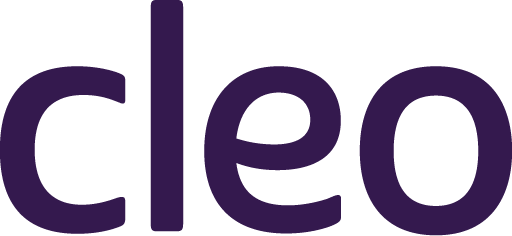This post is part of a series on the big ideas driving the next wave of benefits innovation. Cleo leaders kicked off the new year with a live discussion exploring these themes. View the recording to get caught up on how leading employers will stay ahead of the game to win and retain talent in 2022.
Nearly three-quarters of the American workforce actively care for others in addition to their work as managers and contributors to our businesses. Our current—and far outdated—ways of working have never served them, and in fact, have disadvantaged them and their families for decades. Consider the following.
A majority of your employees are caregivers
The fact that three in four employees have some type of caregiving responsibilities in addition to their paid work is a staggering reality that may come as a surprise. It isn’t information tracked by most employers because caregiving isn’t the exclusive domain of parents. More than 1 in 6 American workers care for an elderly or dependent adult.
Moreover, working parents and other caregivers tend to hold key managerial and skill-based roles. Losing these workers can be particularly damaging to institutional knowledge, business continuity, and leave a leadership void. Women managers, in particular, play an outsized role in supporting employee wellbeing, adding to the acute deficits felt in their absence from the workplace.
Their numbers, and the demands they face, are only increasing
As the number of older Americans continues to rise, so too does the number of employees providing unpaid care to them. Over the past five years alone, the number of working caregivers grew by nearly 6 million. Nearly half of adults in their 40s and 50s have a parent 65 or older and are either raising a young child or financially supporting a child 18 or older, according to the Pew Research Center. This “Sandwich Generation” is your corporate leadership.
The health and wellbeing of their families impact your bottom line
As pediatric health concerns rise, in particular around mental health and neurodivergence, employers are taking note. Dependents’ health and wellness not only impacts their caregivers, it has implications for employers’ health spending. Furthermore, lacking adequate support, the demands on caregivers also translate to losses in productivity and increased attrition. One estimate places the loss to U.S. businesses between $17.1 to $33 billion annually.
“People have thought about benefits and perks in a very superficial way in the past. But when you’re talking about core things that families need to thrive—if I have a learner with ADHD and that is unsupported, how am I supposed to show up with my full self to work?”
- Ben Kornell, Altitude Learning, President & CEO from a Cleo Conversation with CEO Sarahjane Sacchetti
Take action to support caregivers and build a more resilient workforce
Understanding the extent to which workers double as caregivers in so many families unlocks employers’ capacity to bring solutions to bear as a business imperative. Research continues to show that the best companies listen closely to their employees and respond to their needs accordingly. Even more than other groups, parents and caregivers need table-stakes benefit solutions that focus on work-life balance. Just as employers have largely driven innovation in health coverage, they will likewise need to do so in crafting a caregiver’s safety net. Businesses out in front are already taking some of the following steps.
- Embrace caregivers. Hire and promote more women, who comprise anywhere from two-thirds to three-quarters of informal caregivers in the U.S. Implementing returnship programs for caregivers who have stepped away can also help reduce the increased risk of financial hardship women caregivers face.
- Create bias-free workplaces. Given that so many workers choose not to disclose their caregiving responsibilities to employers, it’s all the more incumbent on workplaces to create a culture that embraces and supports a worker’s full humanity and identity. Leadership and management programs like Cleo for Work, are designed to build inclusive cultures that integrate work and life, enabling greater wellbeing.
- Offer benefits that support caregivers now. Innovative employers aren’t waiting—they are responding to people’s needs in real-time and rolling out solutions like Cleo outside of typical benefits cycles.
- Support legislative solutions. With Build Back Better, the U.S. Congress has an opportunity to begin course-correcting the path forward for millions of working families with protected leave policies and subsidized child care. Absent strong state and federal policy, the burden will fall squarely on employers.
